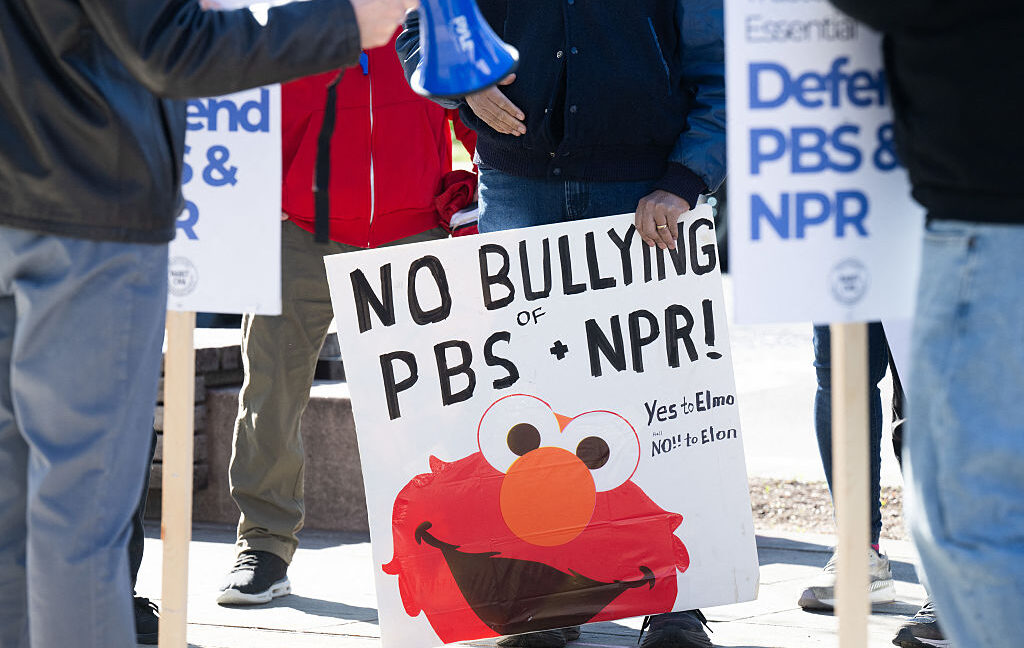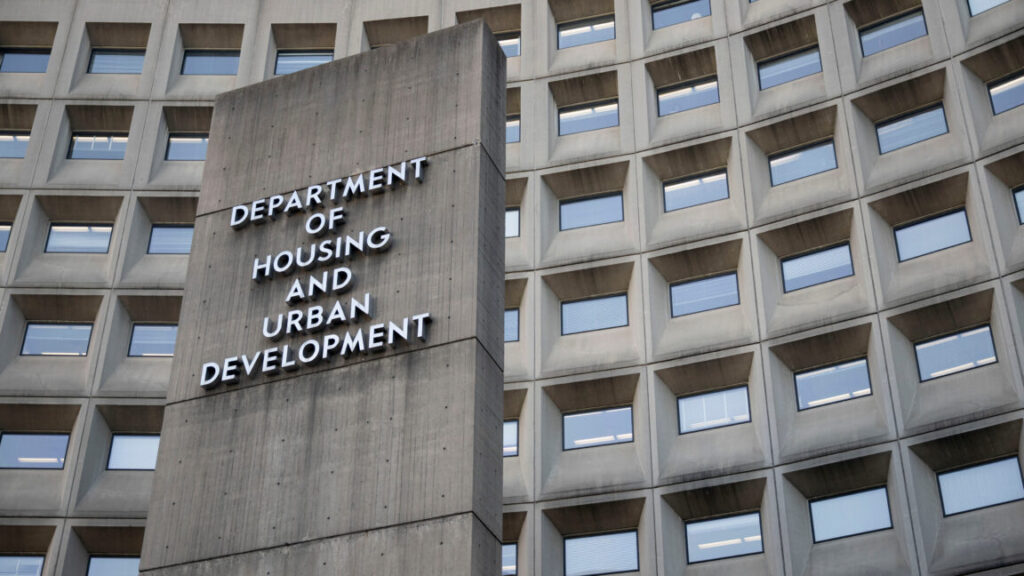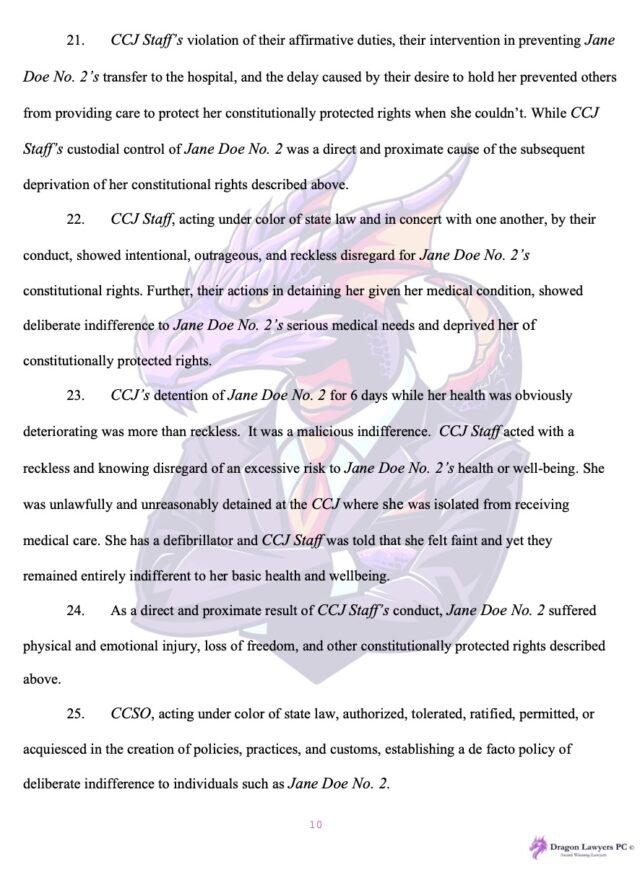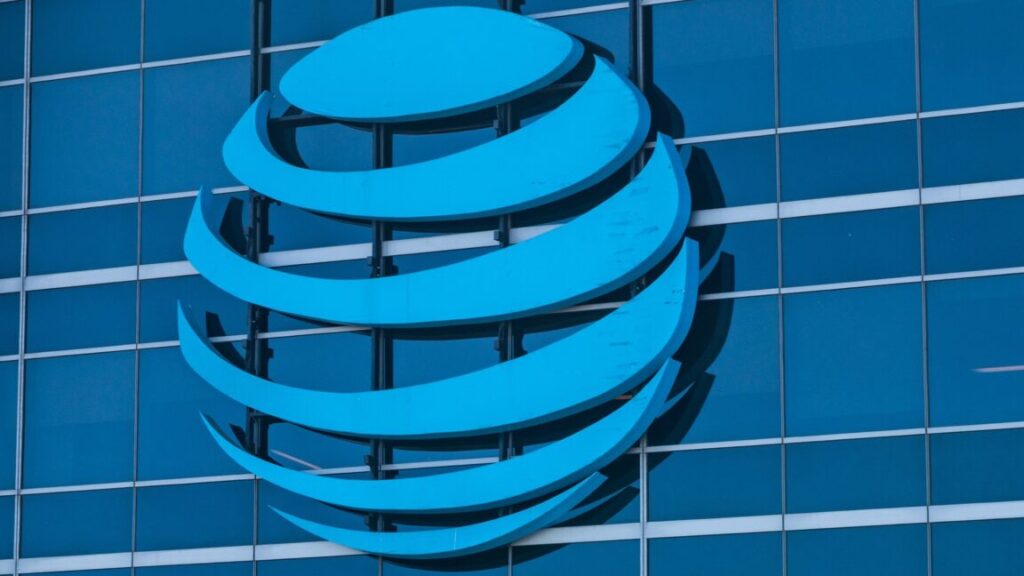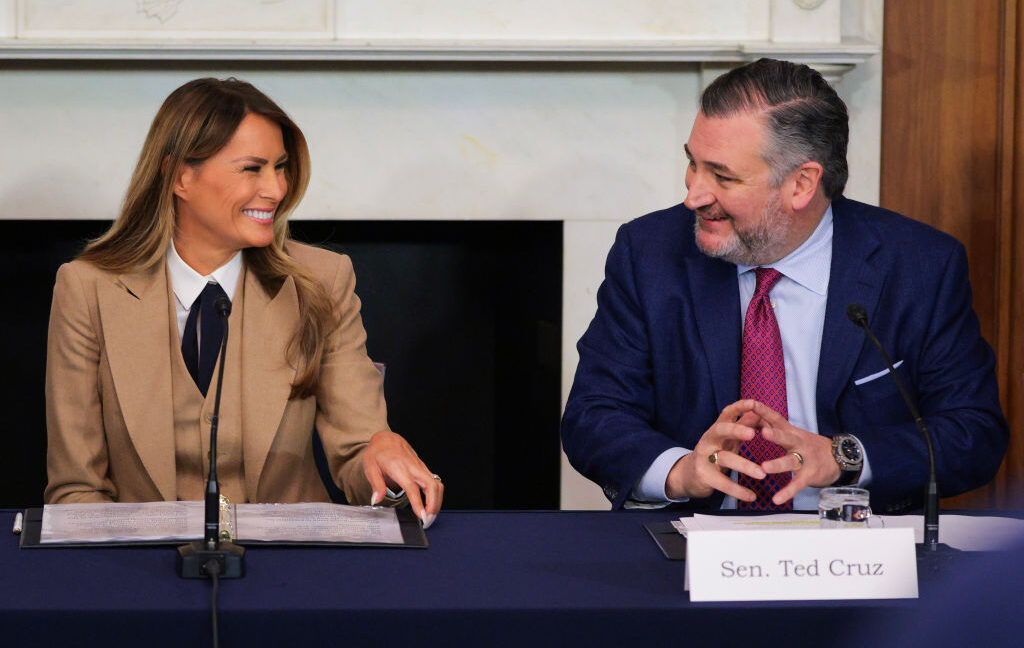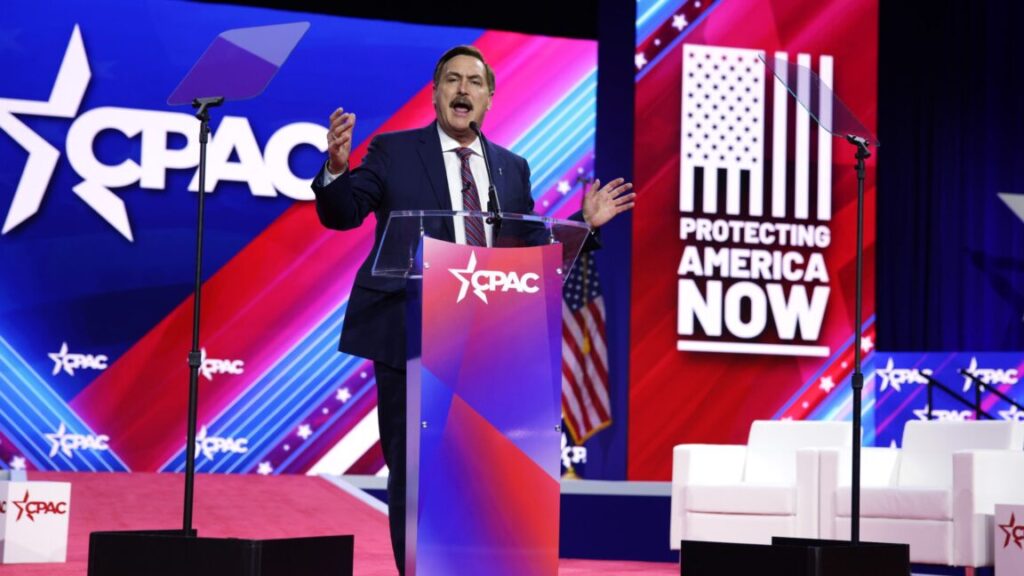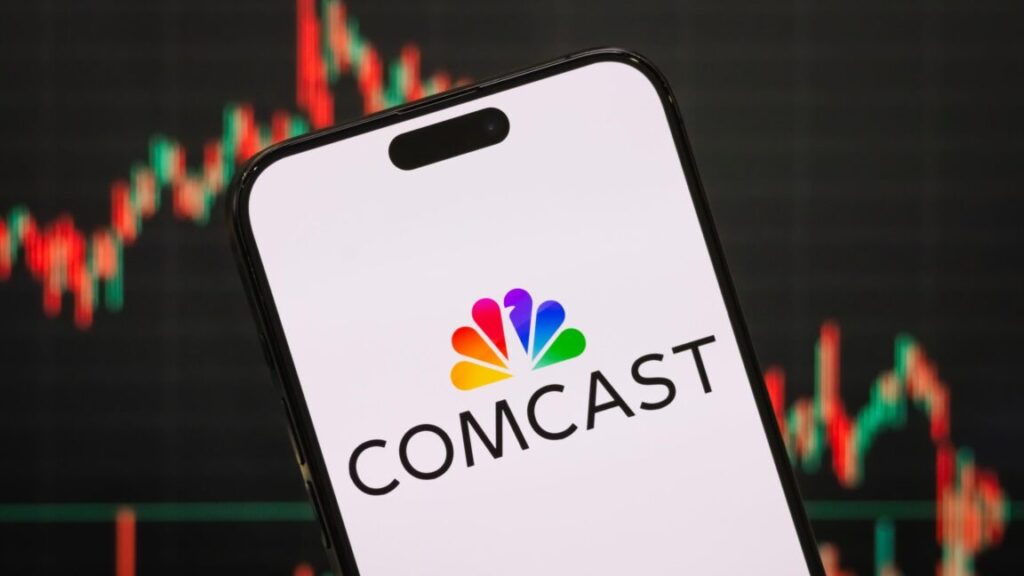“Blatantly unlawful”: Trump slammed for trying to defund PBS, NPR
“CPB is not a federal executive agency subject to the president’s authority,” Harrison said. “Congress directly authorized and funded CPB to be a private nonprofit corporation wholly independent of the federal government,” statutorily forbidding “any department, agency, officer, or employee of the United States to exercise any direction, supervision, or control over educational television or radio broadcasting, or over [CPB] or any of its grantees or contractors.”
In a statement explaining why “this is not about the federal budget” and promising to “vigorously defend our right to provide essential news, information and life-saving services to the American public,” NPR President and CEO Katherine Maher called the order an “affront to the First Amendment.”
PBS President and CEO Paula Kerger went further, calling the order “blatantly unlawful” in a statement provided to Ars.
“Issued in the middle of the night,” Trump’s order “threatens our ability to serve the American public with educational programming, as we have for the past 50-plus years,” Kerger said. “We are currently exploring all options to allow PBS to continue to serve our member stations and all Americans.”
Rural communities need public media, orgs say
While Trump opposes NPR and PBS for promoting content that he disagrees with—criticizing segments on white privilege, gender identity, reparations, “fat phobia,” and abortion—the networks have defended their programming as unbiased and falling in line with Federal Communications Commission guidelines. Further, NPR reported that the networks’ “locally grounded content” currently reaches “more than 99 percent of the population at no cost,” providing not just educational fare and entertainment but also critical updates tied to local emergency and disaster response systems.
Cutting off funding, Kreger said last month, would have a “devastating impact” on rural communities, especially in parts of the country where NPR and PBS still serve as “the only source of news and emergency broadcasts,” NPR reported.
For example, Ed Ulman, CEO of Alaska Public Media, testified to Congress last month that his stations “provide potentially life-saving warnings and alerts that are crucial for Alaskans who face threats ranging from extreme weather to earthquakes, landslides, and even volcanoes.” Some of the smallest rural stations sometimes rely on CPB for about 50 percent of their funding, NPR reported.
“Blatantly unlawful”: Trump slammed for trying to defund PBS, NPR Read More »
